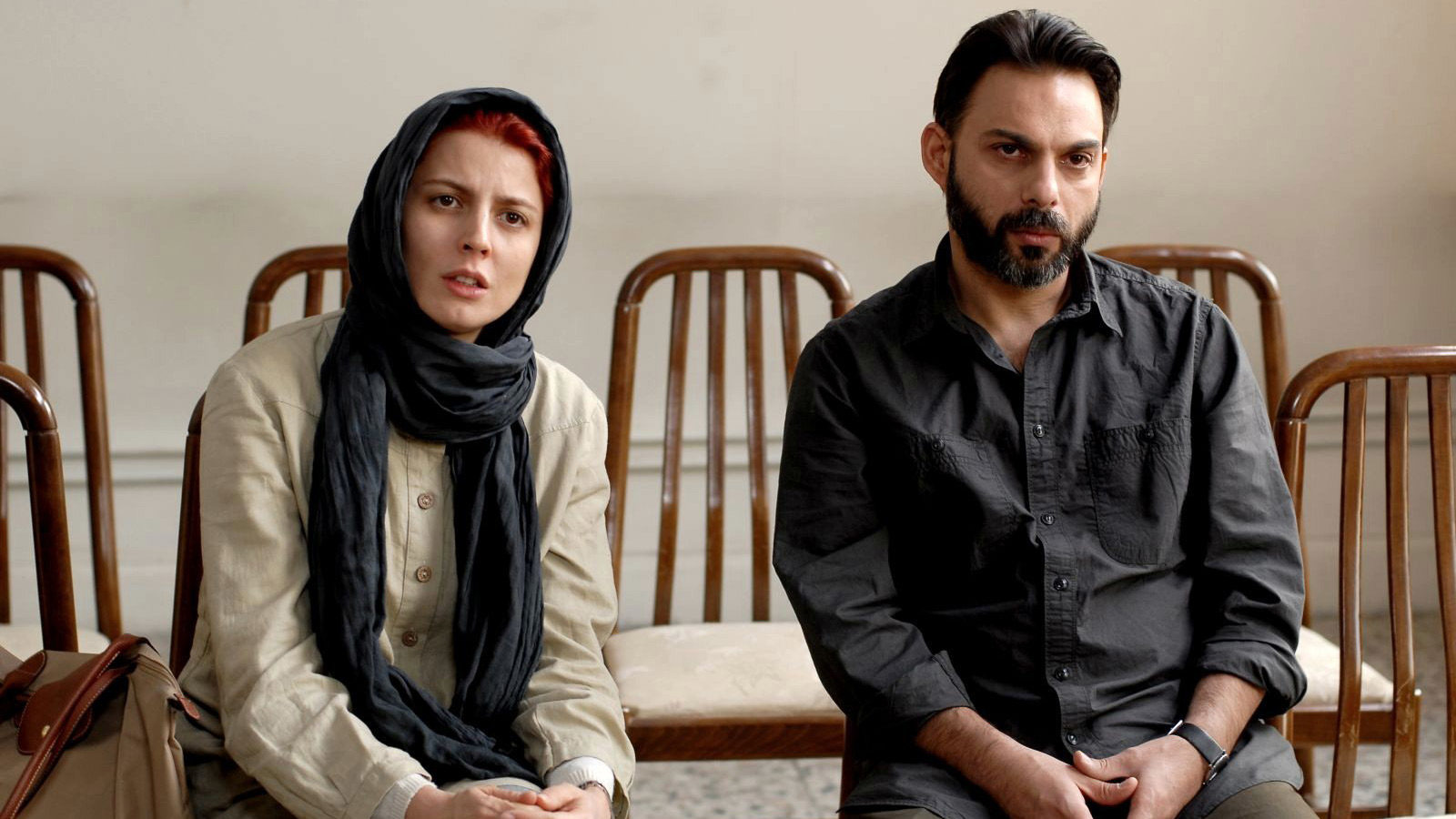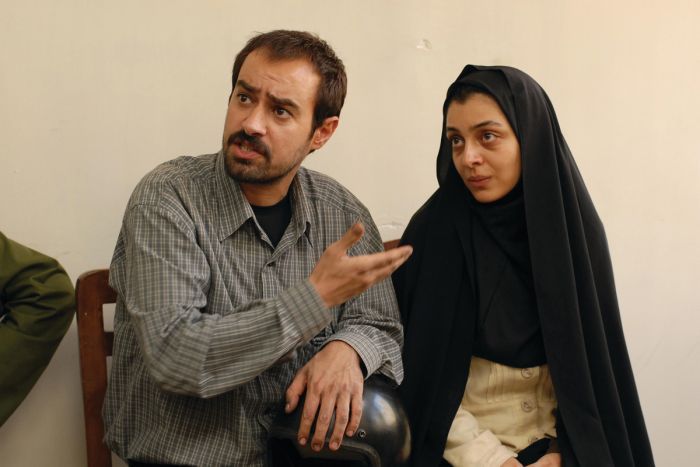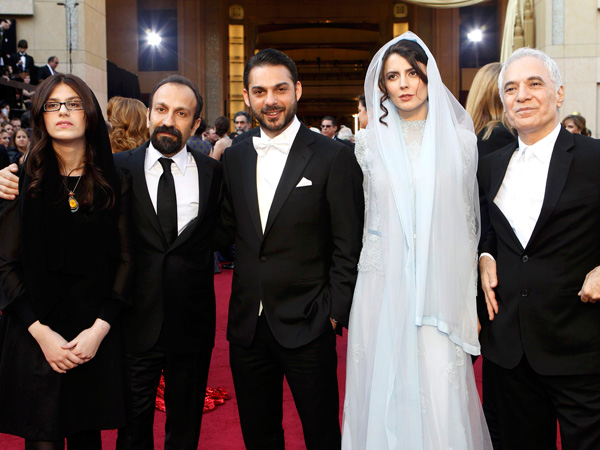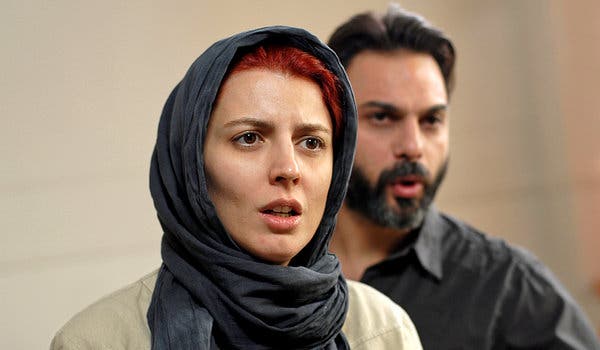Asghar Farhadi’s A Separation is filled with multiple aspects of life not only in Iran but across the world from different perspectives. Even if the film is a drama, it takes the form of a psychological thriller. The film shows how people behave as per their current situations and surroundings. Everyone has justifications for their behaviors. There is neither a right nor a wrong answer nor Farhadi tries to show any. Even though the film revolves around a divorce, it does not get limited there. A Separation can be inferred as a study of human psychology, relationships, and responsibilities. It hurls a few very important questions; should the past be sacrificed for the future? should the future be ignored for cherishing the past? can a person be blamed for his or her lies or misconduct even if he or she stands on an extreme end? The film does not directly answer a single question and take any stand. It stretches the boundaries of life for the viewers to ponder upon.

The narrative of A Separation may appear as simple but it certainly has multiple layers underneath. The film starts with both Nader (Peyman Moaadi) and Simin (Leila Hatami) looking at the camera and arguing the divorce case that Simin has filed. Simin, who is a teacher and wife of Nader, has decided to leave Iran and settle down abroad with her husband and daughter Termeh (Sarina Farhadi), which Nader does not agree to because of his father’s Alzheimer’s disease. So, she wants to be separated from Nader. Her divorce plea appears shallow and gets rejected by the court.

Simin moves to her father’s house with her belongings. Termeh stays with her father. Nader appoints a maidservant Razieh (Sareh Bayat) to take care of his father. She is four months pregnant, a devout Muslim, and belongs to a poor household on the outskirts of the city. She commutes a 90 min bus journey every day to reach Nader’s house and brings her daughter Somayeh along with her. This job is pretty much tiring for her both physically and mentally.
One day when both Nader and Termeh are out of their apartment, Razieh ties the hands of Nader’s father, locks him from outside, and leaves the house to run her errands. Nader and Termeh come back and discover him lying unconscious on the floor in his room. Nader gets furious and scolds Razieh for her negligence. He also accuses her of stealing money. Nader lays her off and tells her to leave the house. When she does not want to leave and asks for her money, he pushes her out of the apartment and shuts the door. Razieh falls on the stairwell. She is taken to a hospital but suffers a miscarriage.
Nader and Simin visit the hospital to check Razieh’s health condition. Her hot-headed husband Hodjat (Shahab Hosseini) gets furious seeing them and charges Nader for murdering his unborn baby. A case is filed against Nader. He claims that he did not know about Razieh’s pregnancy. If it is proven that he knew about Razieh’s pregnancy before this incident, Nader will be sentenced on a charge of murder. Termeh’s teacher Mrs. Ghahraei records her statement in support of Nader. Hodjat visits Mrs. Ghahraei at her school and slams her for supporting Nader. . When his daughter asks him whether he knew about Razieh’s pregnancy, Nader denies this again.
Nader shows the place of the incident to the investigators and demonstrates that Razieh can not fall on the stairwell, rather she will hit the railing first. Hodjat visits Termeh’s school and threatens both her and Mrs. Ghahraei. Seeing Hodjat’s behavior, Simin increasingly feels concerned about her daughter’s safety and suggests Nader negotiate with Hodjat for a sum of money. Simin meets Razieh and she reveals to Simin that she was hit by a car when she came out of the house to search for Nader’s father. She had severe pain that night and the baby stopped moving. Her husband is in large debt and that is why she had to blame Nader for the miscarriage to have a large sum of money from him.
Nader and Simin have an intense fight over the settlement money. They visit Razieh’s family. Before handing over the paycheques to Hodjat, Nader asks Razieh to touch the Quran and say that her miscarriage is solely due to Nader. She has serious doubts and refrains from swearing. Hodjat loses the money and bangs his head in rage. Nader and Simin once again file the divorce case and appear before the court. This time the court grants them a separation. The judge asks Termeh whether she wants to stay with her father or mother. Termeh has already decided her opinion. Nader and Simin leave the room to let her disclose her decision to the judge but her decision is not shown in the film. It remains unresolved.

Asghar Farhadi adds multiple dimensions to the story. Each character in the film is right but at the same point of time is wrong based on the situation. There is no direct answer. Razieh puts the blame on Nader as her husband is debt-ridden and they are unable to make ends meet. Nader pushes Razieh out but she also neglected his father and tied him with the bed. Nader lies that he did not hear about her pregnancy. If he does not say that, he will be put behind the bars and there is nobody in his family to take care of his senile father and adolescent daughter. Hodjat slams and tries to physically assault Nader multiple times, but he also lost his unborn baby. Nobody can be singularly blamed for their actions. There is always the other side of the story in the film.
A Separation touches upon multiple issues as a story flows through times. It does not take a particular standpoint, rather it shows multiple aspects of life. Simin wants to leave Iran but the film does not project it as a good or bad decision. All the characters in the film practice Islam but the film does not take the shape of a religious film. The film deals with a case of divorce without supporting or rejecting it. A Separation portrays characters and presents the plot much like a neutral film. It focuses on very important issues like poverty and class divisions in modern Iran. People even struggle to arrange meals twice a day. Citizens on the downside are not treated with respect and even are accused of stealing. A helpless woman is compelled to commute a 90 min journey every day to support her family. This film is all about the real facts and struggles of ordinary people not only in Iran but across the world. A Separation crosses the boundaries of Iran and becomes a universal film.

A Separation excels in almost all aspects. The original screenplay by Asghar Farhadi is contemplative, detailed, masterly woven, and filled with factual and meaningful dialogues. It showcases multiple perspectives of scenes and characters’ behaviors. It was nominated for Best Original Screenplay at the 84th Academy Awards. Farhadi’s direction is dynamic and efficient. He is able to pull a very detailed and complex story like this. Overall, he can be credited to transform an Iranian story into a universal film. All the actors portray their characters so well that the entire film looks original based on the real people and facts. It won the Silver Bears for Best Actor and Best Actress at the 61st Berlin International Film Festival.
The film is mostly shot by a handheld camera, which made the film moving and dynamic. The characters can be understood from their actions. The editing is dynamic too. Cinematographer Mahmoud Kalari and editor Hayedeh Safiyari contribute largely to make the film dynamic, sensitive, and fast-moving. A Separation won the Best Foreign Language Film awards at the 84th Academy Awards and 69th Golden Globe Awards. It won the coveted Golden Bear at the 61st Berlin International Film Festival.
